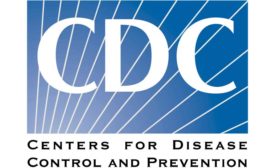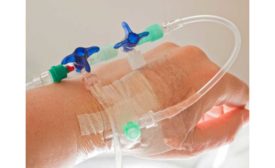Workplace Training Strategies
Sitting more is associated with higher heart disease risk in older women
Journal of the American Heart Association Report
February 17, 2020
CDC confirms 14th case of 2019 novel coronavirus in U.S.
"There are likely to be additional cases in the coming days"
February 13, 2020
Blood donations critical in fight against cancer
ACS: Nearly 1/4 of nation's blood supply is needed for cancer patients
February 13, 2020
Never miss the latest news and trends driving the safety industry
eNewsletter | Website | eMagazine
JOIN TODAYCopyright ©2024. All Rights Reserved BNP Media.
Design, CMS, Hosting & Web Development :: ePublishing








